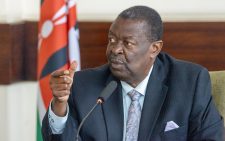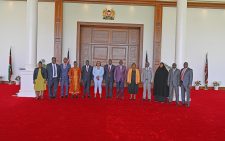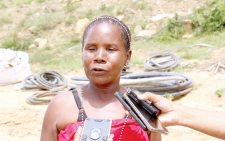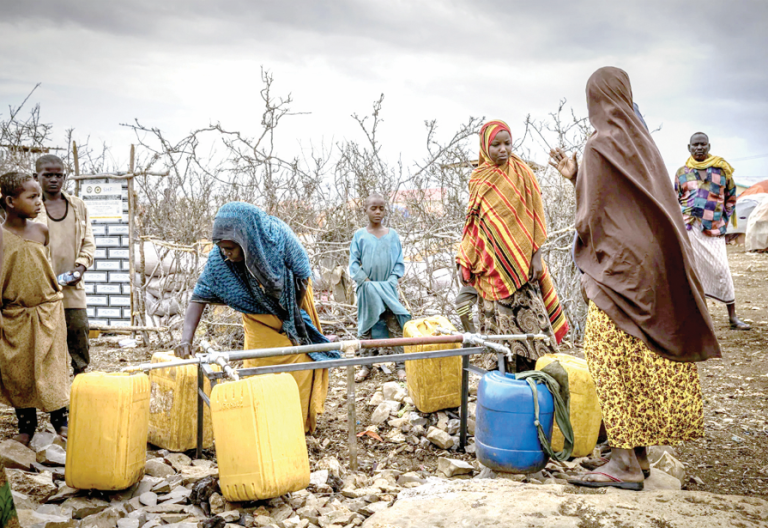Need to review policies to uphold migrants’ rights
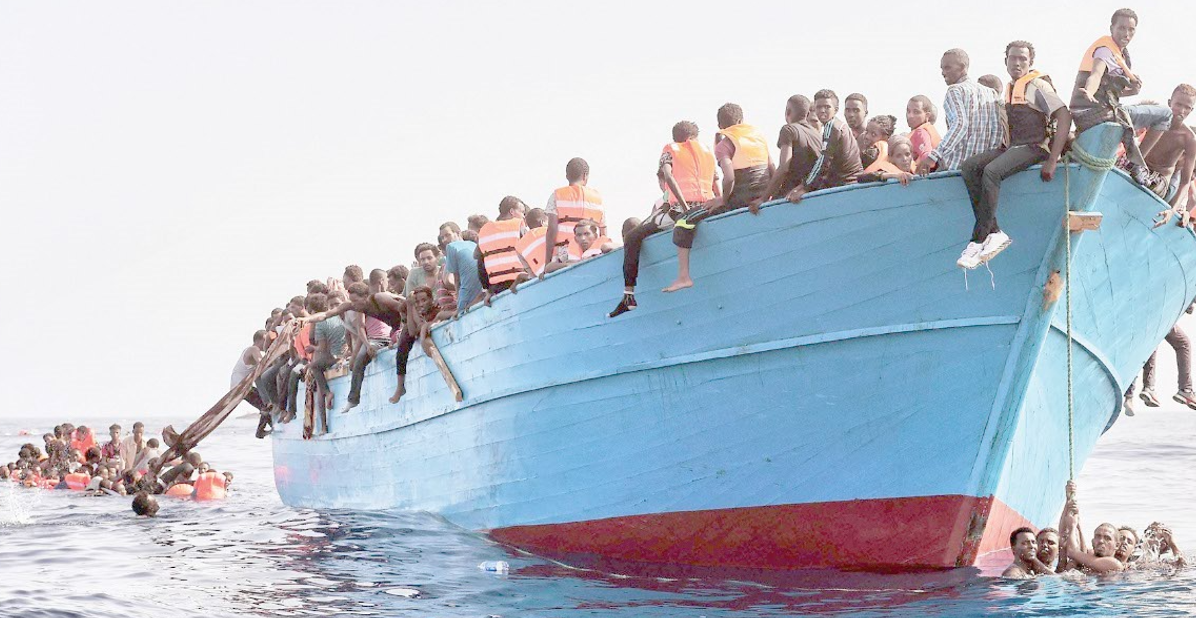
To attain an internationally prescribed standard of facilitating orderly, safe and regular mobility for migrants adopted by nations in 2015, the country must review several policies and structures that govern migration.
Kenya is among countries that embraced Migration Governance Framework (MiGOF) eight years ago, a policy that allows a State to determine what it might need to govern migration well factoring in its specific circumstances.
In a bid to implement MiGOF, the International Organisation for Migration (IOM) created Migration Governance Indicators (MGI), comprising 90 key pointers but grouped under six dimensions to assist countries in assessing their migration policies.
These dimensions include the rights of migrants, whole-of-government approach, partnerships, well-being of migrants, mobility dimension of crises, and ensuring safe, orderly and regular migration.
“The MGI helps countries identify good practices as well as areas with potential for further development and can offer insights on the policy levers that countries can use to develop their migration governance structure,” IOM clarified in its second migration governance profile for Kenya covering the period between 2018 to 2022.
During this period, Kenya made remarkable strides towards upholding the rights of migrants.
Former President Uhuru Kenyatta accented to the 2021 Refugees Act in November 2021 which allowed refugees to access education, livelihoods and integration opportunities
In the same year, the Independent Electoral and Boundaries Commission developed regulations and procedures for the diaspora community to register and vote in the last General Election.
The Kenya Kwanza Government in 2022 enacted the Children Act (2010) which provides for the protection of migrant children and is currently reviewing the 2014 Kenya Diaspora Policy.
Social security
However, there are no policies to address challenges that migrants undergo in the labour, health and social security service.
According to the report, due to an existing public service human resource policy, potential employers for foreigners must apply and obtain authorisation from the Directorate of Immigration Services and Public Service Commission.
They should also prove that no Kenyan citizen with the required qualification was available to undertake the job opportunity.
Though migrants have access to healthcare facilities, undocumented foreigners cannot be enrolled in the National Hospital Insurance Fund forcing them to pay out of their pockets for treatment.
Additionally, Kenya has no binding bilateral agreements even within East Africa Community (EAC) to facilitate the transfer of social security benefits and entitlements with other countries.
“In 2021, EAC started revising the Draft Council Directive on the Coordination of Social Security Benefits (2011) to harmonise social security protection and promote comprehensive policies in the sector,” IOM documents.
Similarly, the country has no strategy to combat hate crimes, violence and xenophobia attacks against migrants.
To adopt a whole government approach to migration, Kenya established the National Coordination Mechanism on Migration (NCM) in 2016. Additionally, a third advisory committee on counter-trafficking in person and a board of trustees for victims of trafficking was appointed.
However, as of March 2022, the Kenya National Migration Policy drafted by NCM in 2018 which addressed among other issues challenges and impacts of migration had not been approved.
